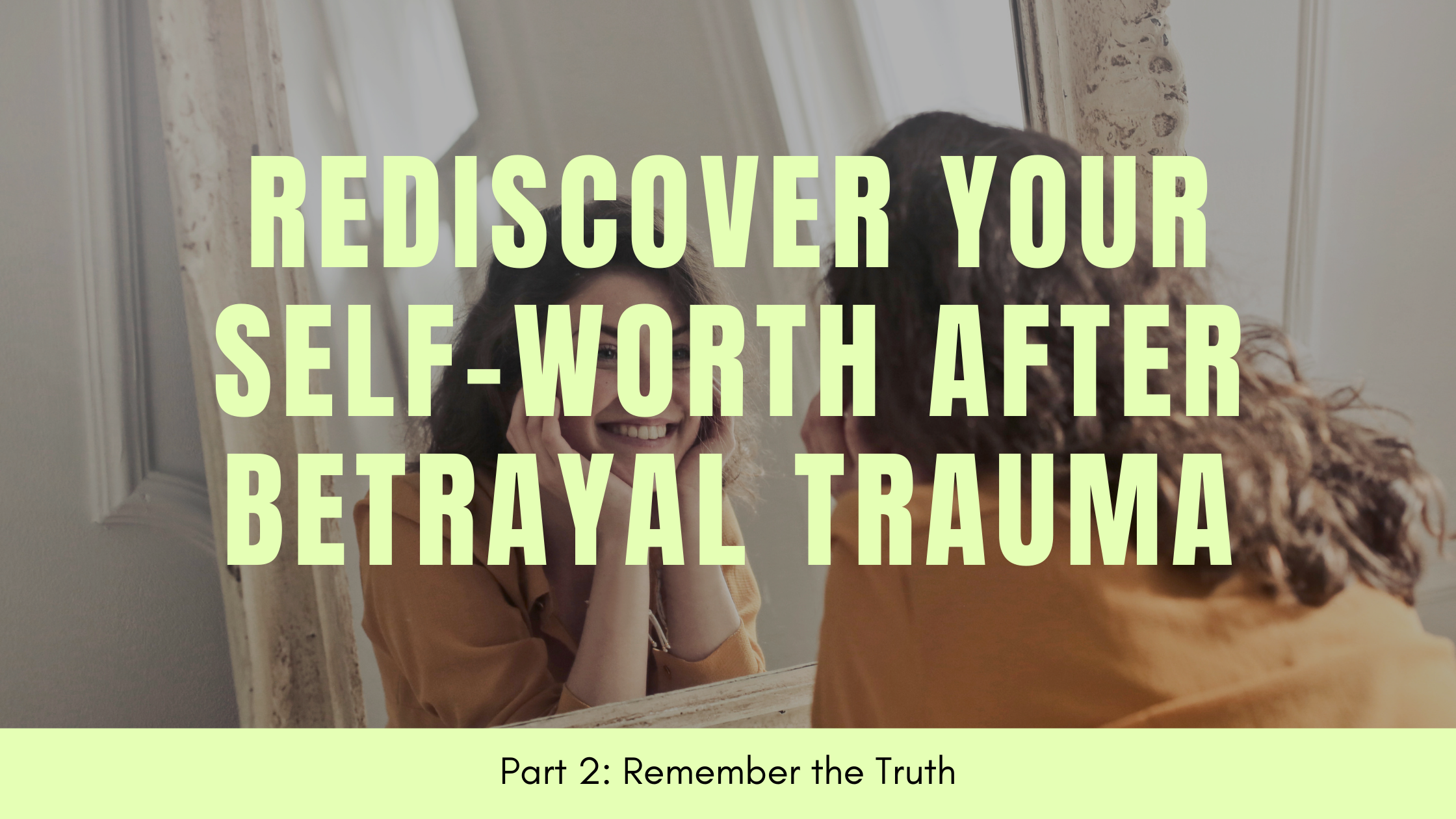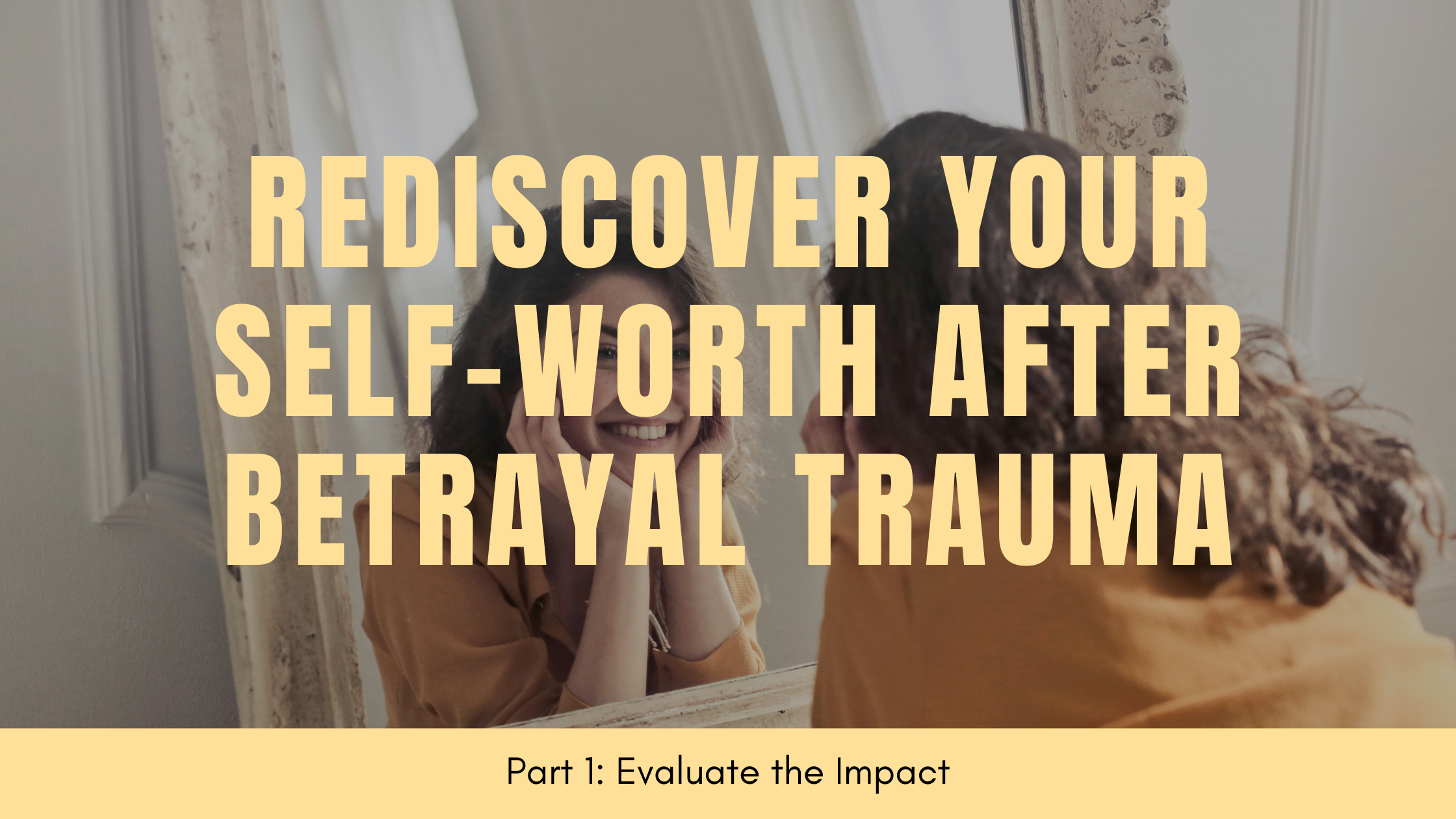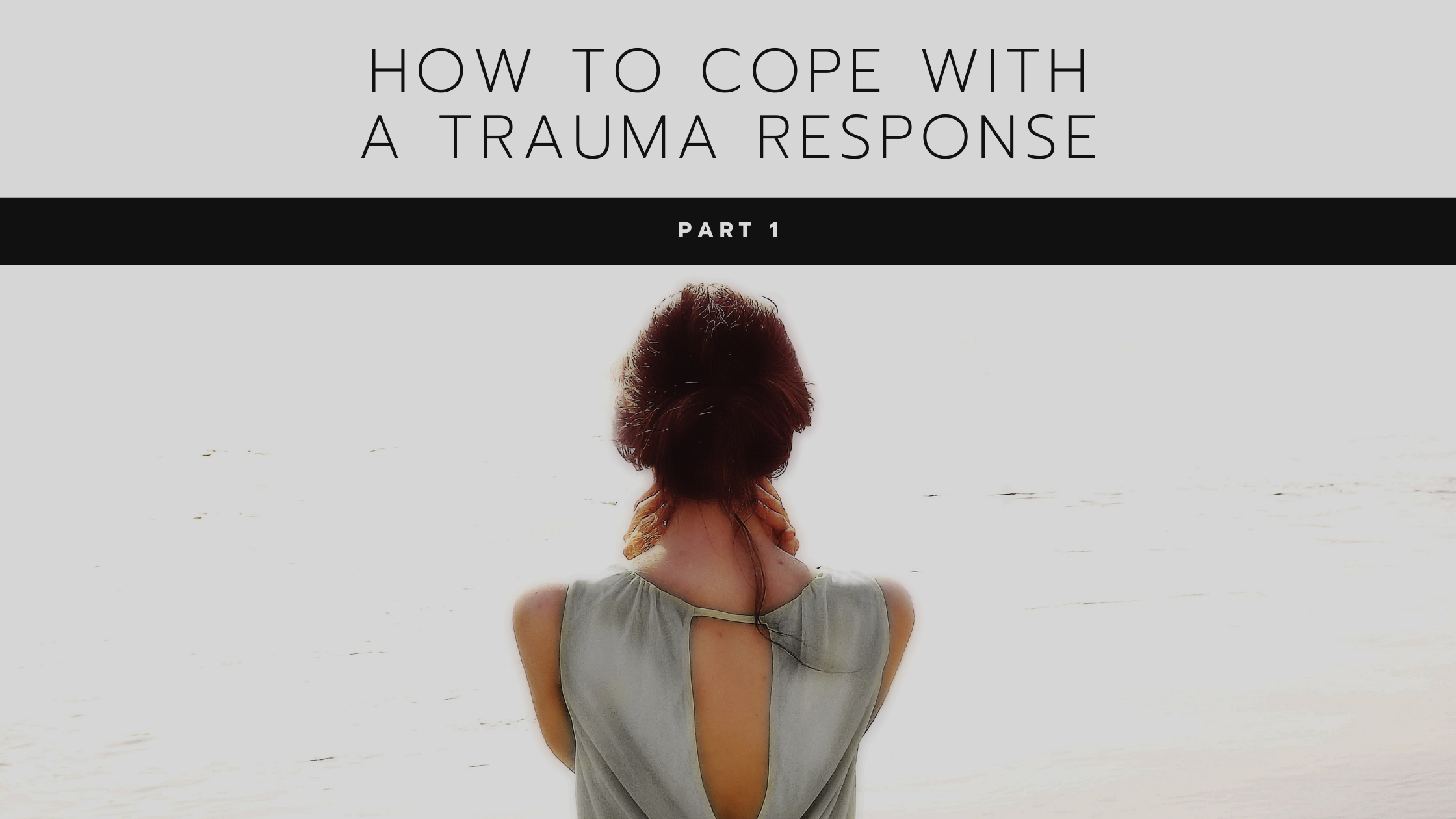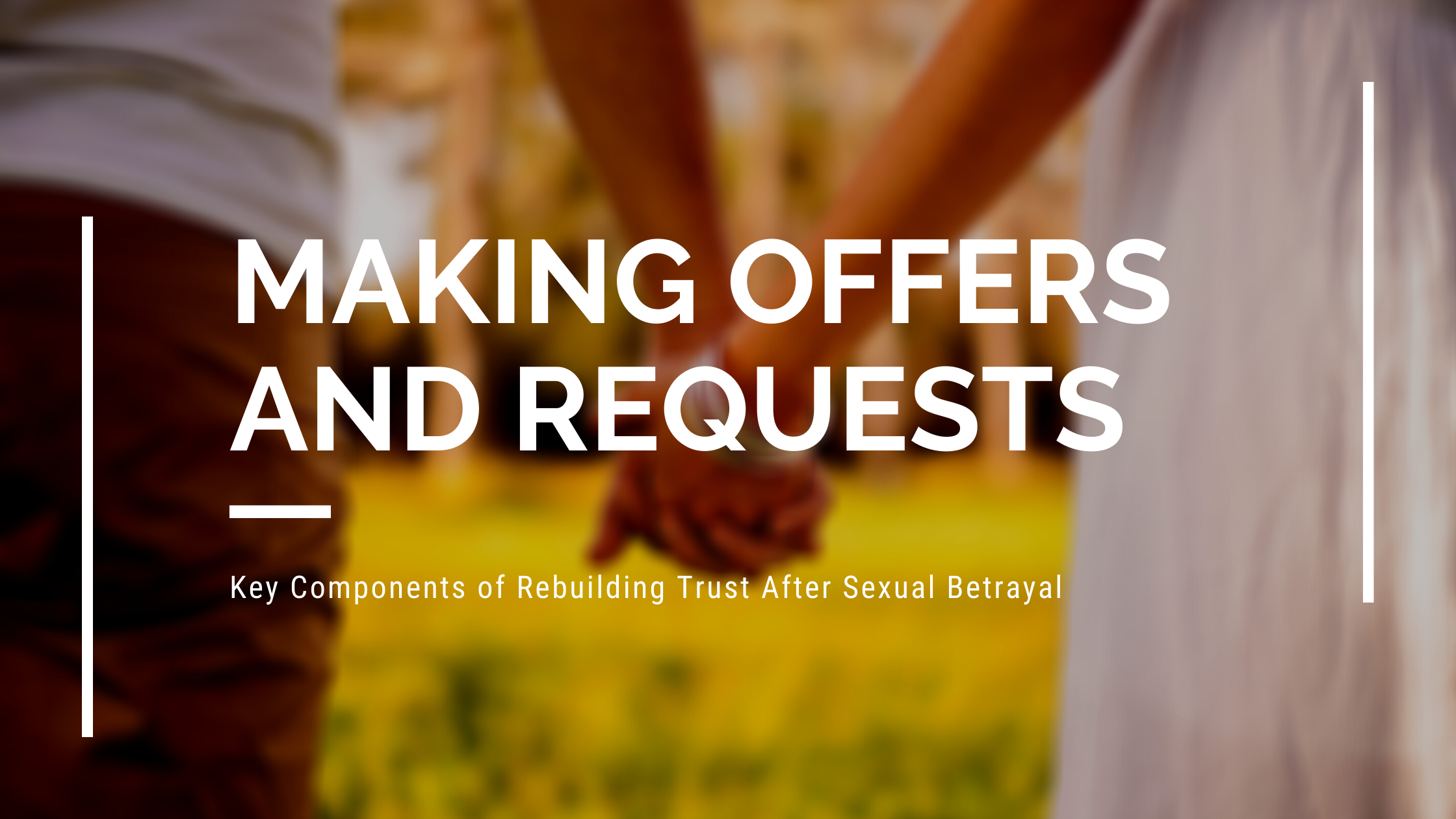One of the most important steps toward recovery in sex and love addiction is getting honest about your addiction. In the 12 Steps, Step 1 and Step 4 both involve admitting you have a problem and taking a fearless moral inventory of your behaviors.
Deception in relationships with others is one of the most obvious indicators of addiction, including hiding behaviors from your spouse or partner, secretly using at work, or doing whatever you can to mask the problem from your family or friends.
The outward deception characteristic of addiction is often fueled by an inner self-deception. The addictive behaviors often do not fit with what you want to believe about yourself, and so you justify them, explain them away, or just live in complete denial of their impact.
Self-deception not only happens for the addict, but it can also be present in betrayed partners reeling from the discovery of addiction. Sometimes self-deception happens before discovering the addiction, as partners can sense intuitively that something is wrong but ignored warning signs. Other times self-deception happens after discovery as partners seek to make sense of the fact that their loved one and primary adult attachment figure is also a source of great pain in their lives.
Types of Self-Deception
One common type of self-deception is shame-based hiding. You don’t like what you’re doing to yourself or to others, so you’d rather hide than think about what that says about you. This might be accompanied by shame-based core beliefs , such as “there’s something wrong with me” or “I’m not good enough.”
Another way to self-deceive is through being a “chameleon,” conforming to the expectations of others. Essentially, you become whatever you need to be, depending on the person or situation you are in. You may imitate other people to get what you want or manage the image others have of you. Unfortunately, with time, this self-deception can lead you to lose a sense of your personal identity.
Creating confusion through chaos and distraction arises as another strategy of self-deception, particularly present in addiction. An addict using this strategy can mask their addictive behavior, protecting their outlet for escape or relief from painful emotions. This chaos takes on a life of its own with time as it alienates others and interferes with the structure needed in an addict’s life to work an effective recovery.
All of these strategies are connected to denial of the presence or power of the addiction. Self-deception strategies can be fueled by denial or provide their own form of justification.
Why self-deceive?
A way to protect yourself from reality.
The truth, especially when addiction is involved, can be incredibly painful. We don’t enjoy feeling pain. Lying to yourself can create a buffer between you and the challenging reality such that you limit your experience of pain. For a betrayed partner, this can be a way of coping with the seismic shift in reality that occurs once you discover the addiction.
A way to support outward deception and image management.
Lying to yourself can make it easier to lie to other people and get away with it. When you believe the lies yourself, you seem more convincing. You may want to maintain the image others have of you, so you begin to lie to protect that image. Shame about who you truly are propels you to present something different out of belief that others wouldn't like the real you, a feeling of not being good enough, or a host of other negative core beliefs about yourself.
A way to guard you from cognitive dissonance.
When your actions and your values don’t line up, this creates a threat to your identity. We often cope with this type of cognitive dissonance by altering the way we think about our behaviors through self-deception. We begin to justify, minimize, and rationalize what we do as a way to feel better about ourselves. You may begin with some awareness that this is self-deception, but with time, the lies you tell yourself and others begin to feel true.
Access to attachment and survival needs.
As humans, we have deeply rooted needs for love, acceptance, closeness, and intimacy that have been ingrained in us from our birth. In particular, when our attachment needs as children were damaged through abuse, neglect, or lack of attunement from our parents, these needs grow even stronger and can take priority over values of honesty or integrity. Fear of abandonment, loneliness, isolation, and rejection can feel crippling, so self-deception functions as a way to avoid that pain.
A response to fear.
When we feel fear, our brains go into survival mode, kicking up our fight-or-flight response. Perhaps in the past, honesty meant you would receive abuse in your family-of-origin. Fear of separation or divorce can be terrifying for either the addict or the betrayed partner. At the same time, fear of intimacy can lead to further hiding, as honesty is an invitation to closeness. If intimacy and vulnerability were unsafe for you due to experiences of abuse or neglect, self-deception is a way to avoid that fear.
Why do we need to stop self-deceiving?
Self-deception leads to neurological changes in the brain. When lying becomes a practice, our brains become conditioned to lie, such that we may find ourselves lying even when it is unnecessary. Once this practice becomes rooted in neurochemistry, it becomes much more complicated to change, so catching self-deception as early as possible is important.
Self-deception also creates disconnection and separation in your relationship as you become unwilling to talk about your desires and needs. Image management can come into play when you disagree with something and don’t believe that it is okay to disagree. When there isn’t space to have conversations about what you need, both partners become unhappy, and this affects desire and attraction toward one another.
When self-deception has been common practice throughout a marriage or relationship, it creates broken trust and lack of respect. Selfishness and power dynamics begin to take over and create a toxic dance that leaves both partners feeling dissatisfied and hurt.
The Way to End Self-Deception
Gain more self-awareness.
Start to do your own self-reflection through therapy and recovery work. This can be a challenging process, as you will be asked to look more directly at the same and pain from which your self-deception has allowed you to hide. It is important to maintain self-compassion during this stage, remembering that self-deception developed out of a protective instinct that served you in some way, but now is interfering with your life.
Practice honesty in small things.
When self-deception becomes ingrained, it can feel like second nature to lie about things that aren’t important. Take steps to practice honesty about those small things. Communicate smaller needs and work your way up to naming larger ones. Take responsibility when you slip into a lie and go back to correct it. Recognize your boundaries: you don’t have to use image management in an attempt to control others.
Create space for connection with others.
Offering connection to your partner or others directly addresses your attachment needs. This can feel incredibly vulnerable, so couples counseling may be helpful in guiding you toward this practice. You can regulate challenging emotions through physical connection with your spouse, like eye contact and touch that feels safe to you. Practicing your ability to offer and receive empathy can also allow for a greater sense of connection.
Move toward greater authenticity.
As you grow in knowledge and understanding of yourself, you will be better equipped to express that knowledge and self-acceptance in relationships with others. Self-reflection can help you learn new ways of dealing with painful emotions, including inviting others in to support you and offer empathy.













